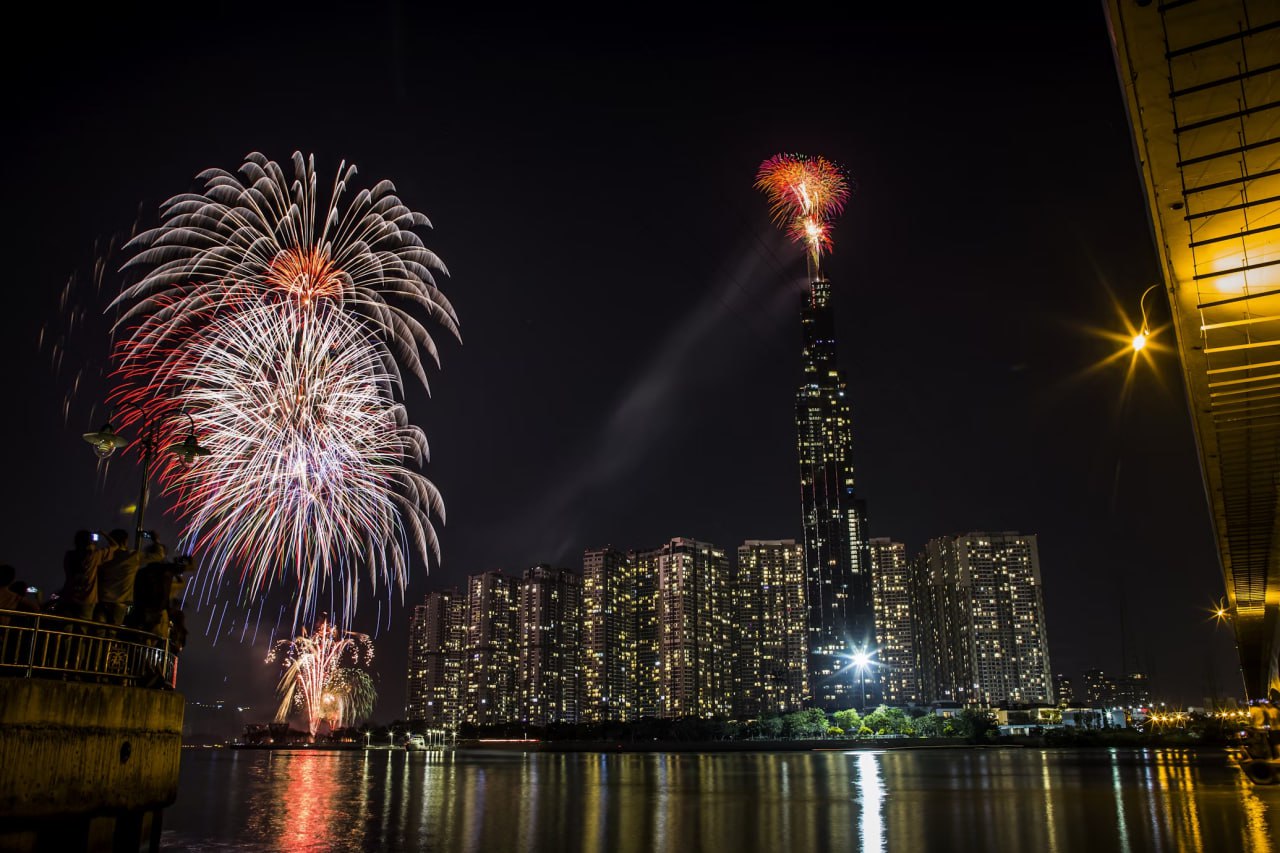The New Year is a time for celebration, but in Europe, many myths surround the way it’s celebrated. Some of these misconceptions are passed down through generations, and others are simply misunderstandings. In this article, we will debunk some of the most common myths about New Year's Eve celebrations across Europe and provide a deeper look into the reality of festive traditions, including those found in cities like Düsseldorf and Vienna.
Myth #1: New Year's Eve in Europe Always Involves Freezing Temperatures
It’s a common misconception that New Year’s Eve in Europe is always marked by snow and freezing temperatures. While countries like Finland, Sweden, and Norway experience chilly winters, Southern Europe enjoys a milder climate. For example, Spain and Italy experience temperatures that can reach up to 15°C (59°F) during the holiday season. Many people gather in the open air to celebrate, enjoying comfortable temperatures in places like Barcelona or Rome.
For those traveling to Düsseldorf, the temperatures may be lower, but the city's festive atmosphere more than makes up for the cold. If you want to avoid the chill, many people head to indoor events or cozy up at restaurants and bars.

Myth #2: New Year's Eve in Europe Is All About Partying and Fireworks
While it’s true that many European countries celebrate New Year’s Eve with fireworks, champagne, and grand parties, not all cultures embrace the same idea of celebration. In some European regions, New Year’s Eve is more about reflection, family, and spiritual practices. For example, in Greece, many people attend church services to start the year with blessings and prayers. Similarly, in Switzerland, religious observances play a key role in marking the transition into the new year.
Myth #3: Everyone Celebrates New Year's Eve with Their Family
Many people associate New Year’s Eve with family gatherings, but in Europe, some countries focus more on spending the evening with friends. For instance, in Denmark and Norway, people often meet up with friends and enjoy street parties and outdoor events, rather than a quiet evening with family. In contrast, in Italy, the New Year’s meal is often a big family affair, filled with traditional dishes that are believed to bring good luck.

Myth #4: Christmas Markets Close Right After Christmas
It’s commonly believed that Christmas markets in Europe shut down once Christmas is over. However, this isn’t the case in many cities. For example, in Düsseldorf, the Christmas market continues throughout the end of the year, providing a perfect opportunity to explore festive stalls and enjoy the atmosphere even after Christmas Day. Many cities in Germany and Austria, such as Vienna, keep their markets open until New Year's Eve, offering delicious treats and handcrafted gifts well into the new year.
If you're planning to visit Vienna during the holiday season, you’ll find that the city's Christmas market is one of the most beautiful in Europe, continuing its festivities until New Year's Eve.
Myth #5: New Year's Eve Is Just About the Big Parties
For many, New Year’s Eve is all about celebrating with big parties and extravagant celebrations. However, in some parts of Europe, such as in Austria and Switzerland, people prefer to celebrate in a more peaceful and reflective way. Many head to the mountains for a quiet retreat, enjoying the beauty of nature and the serenity of the snowy Alps. Others may visit cozy villages or attend small gatherings, where they share intimate meals and reflect on the year gone by.
Special Spotlight: New Year's Eve in Düsseldorf
One of the most popular cities in Germany for celebrating New Year’s Eve is Düsseldorf. Known for its festive spirit, Düsseldorf hosts a variety of events, from dazzling fireworks displays over the Rhine River to vibrant parties at local bars and restaurants. If you are in Düsseldorf for the holiday, don't miss the chance to experience the New Year’s Eve boat parties or visit one of the many New Year's Eve galas that fill the city with music and dancing.
As you plan your trip to Düsseldorf, make sure to book your airport transfer to Düsseldorf to ensure smooth and convenient transportation. Whether you're arriving by plane or by train, having a reliable transfer service will help you start your holiday stress-free.
Conclusion
Whether you’re spending New Year's Eve with family or friends, in the snowy Alps or a warm city, the celebrations in Europe are as diverse as the cultures themselves. We hope this article has helped clear up some of the myths surrounding the holiday season and that you now have a better understanding of how New Year’s Eve is truly celebrated in Europe. From the lively streets of Düsseldorf to the grand Christmas markets in Vienna, the European New Year is full of traditions, customs, and unforgettable experiences.